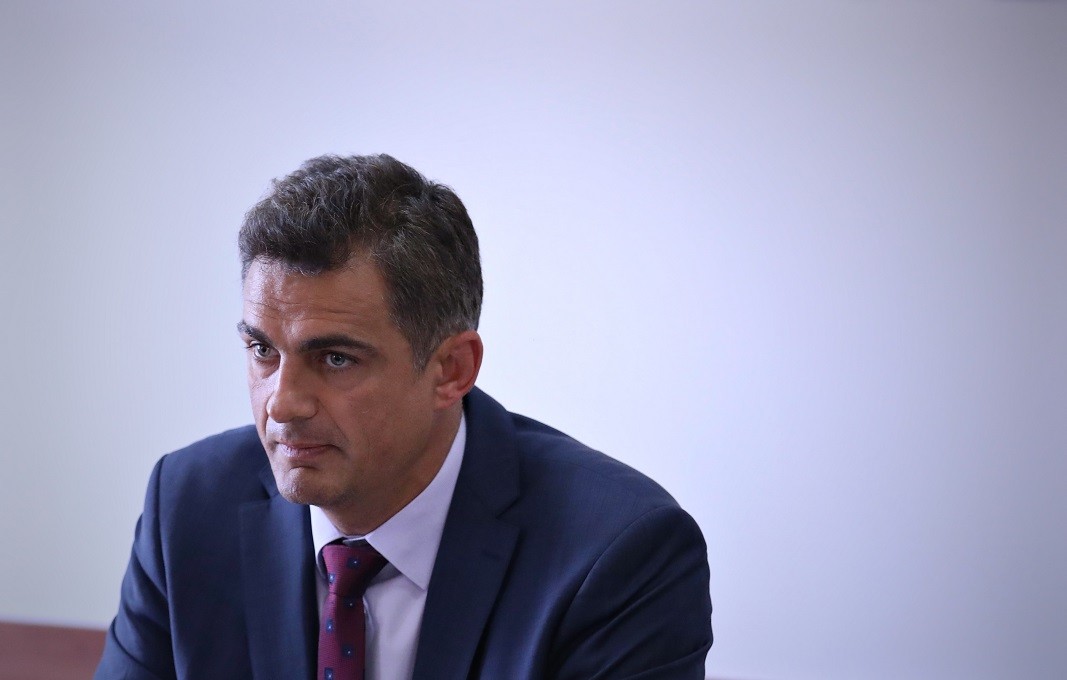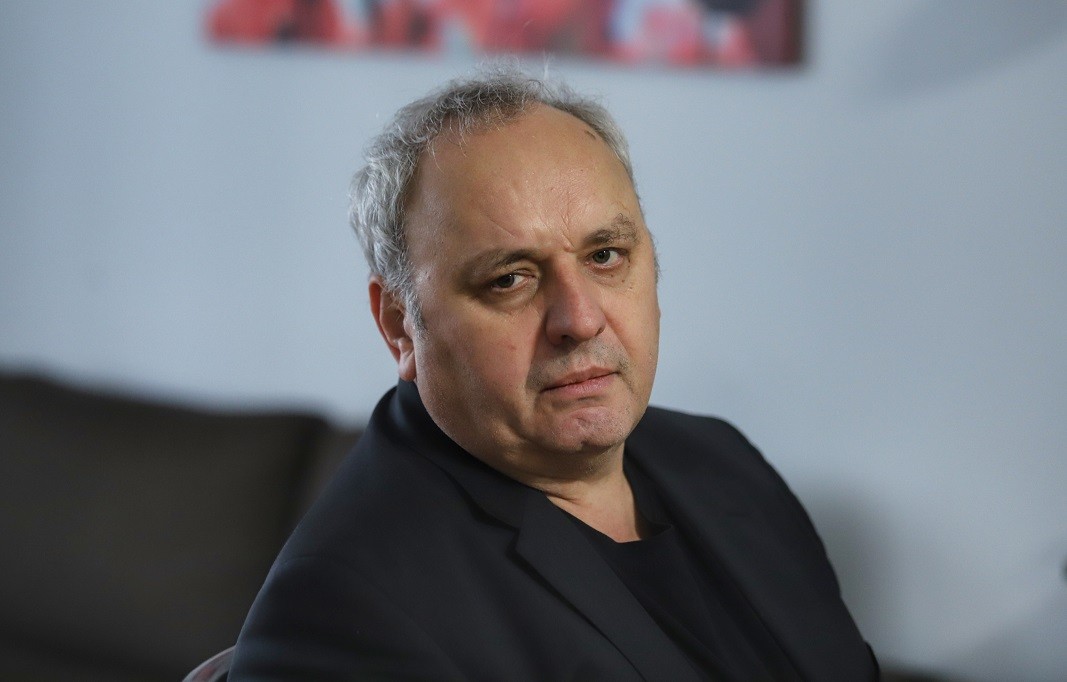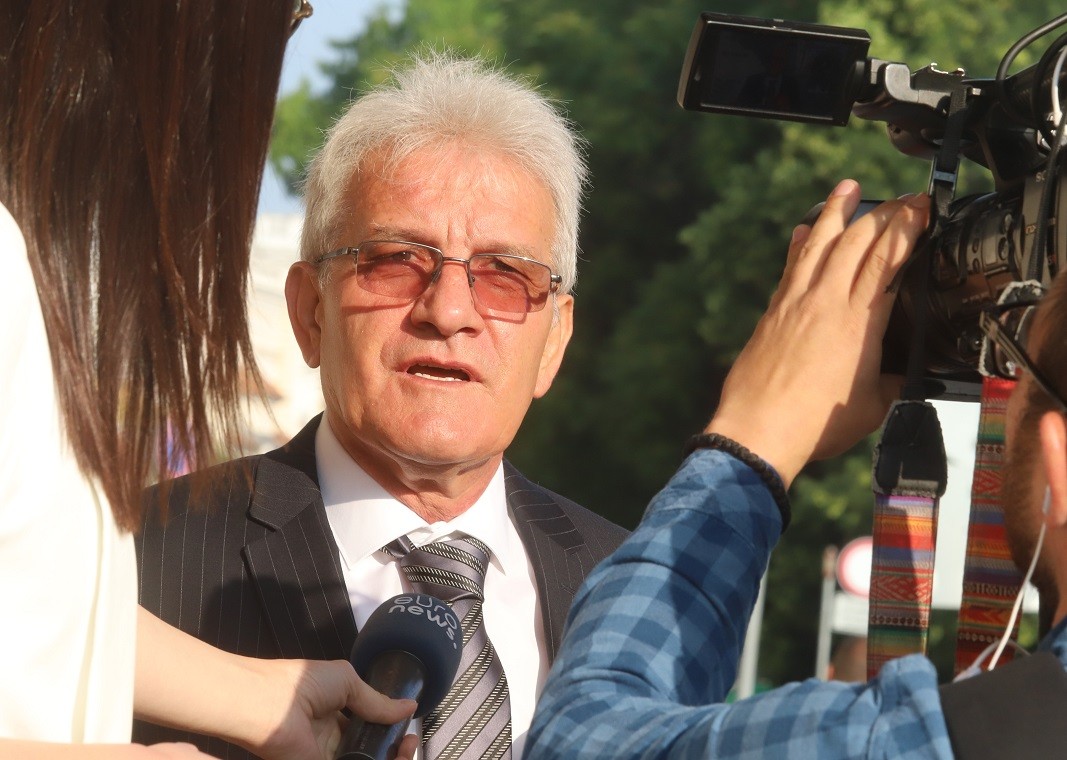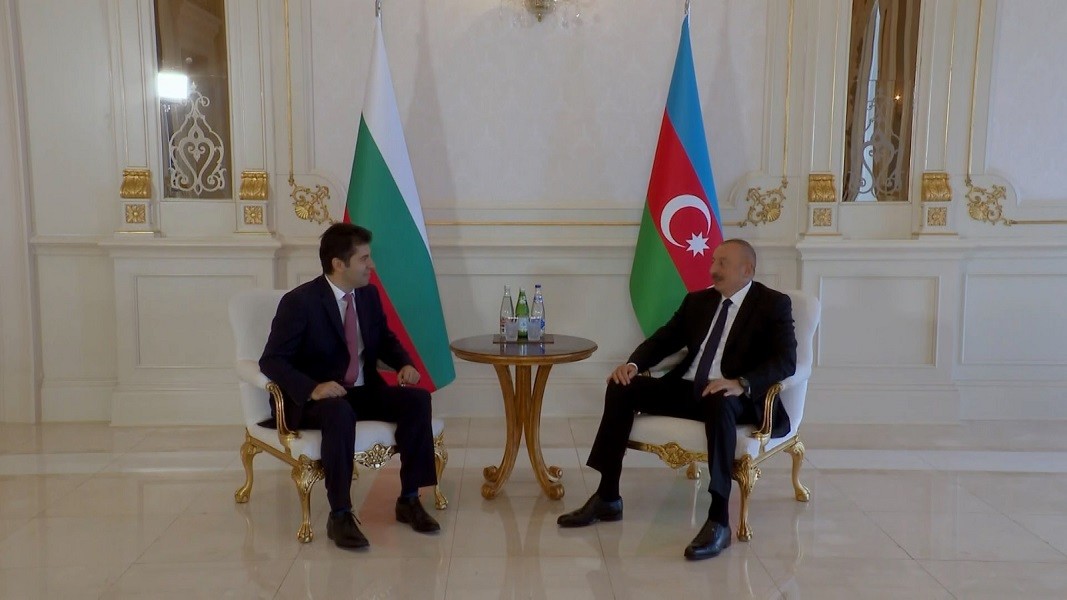The coming winter is expected to be extremely hard for the countries of the EU due to reduced gas supplies. In Tehran, Russia’s President Vladimir Putin said oil prices, on the other hand, would go sky-high. The European Commission, on its part, has recommended a 15% cut in the use of gas.

Against the backdrop of all this, things have been happening in Bulgaria as well – the Constitutional Court, for example, ruled that the election of the head of the Energy and Water Regulatory Commission Stanislav Todorov on 9 February is unconstitutional. What this means in practical terms is that the energy watchdog that regulates activities in the energy sector will not function.

Stanislav Todorov himself urged the members of parliament to launch a procedure for the selection of a new commission chairman immediately, so that it can take adequate decisions in the conditions of energy crisis. However, one thing was made clear – that the commissions’ decisions, which affect all members of the public as they concern the prices of electricity, central heating and water, are legitimate and cannot be brought into question.
As one event follows hard on the heels of another, a sense of chaos seems to be emerging, but is that just at a national level?

“These past few days we have been witnessing the utter breakdown of European and national energy policy,” Slavtcho Neykov from the Energy Management Institute said for the BNR. “In Bulgaria we can well say there is a collapse of statehood, and the Constitutional Court ruling regarding the head of the Energy and Water Regulatory Commission is an illustration of this. The National Assembly made another decision that is unconstitutional – to impose a moratorium on prices at the end of 2021. Regarding the energy sector, this parliament generated an incredible amount of chaos. I don’t know how much longer it is going to last but unless it is able to elect a new chairman of the regulatory commission, we shall find ourselves in a situation in which, by law, the commission will not be able to convene at all. So there are a lot of problems, and the next government and parliament ought to rethink their approach to the energy regulator.”
The EU’s decisions, connected with energy supplies and the sanctions against Russia are not contributing to stability or predictability in the sector, says Slavtcho Neykov and adds:
“From the standpoint of the EC we are in a position in which we may know what is going to happen up until 2050 when it comes to climate neutrality, but we were unable to predict what is going to happen this year. And if we take a look at Bulgaria, I am surprised by many things. Previously, we didn’t have pipelines, now we don’t have gas, and the gas we do have we don’t know the price of. And all this puts businesses in a very difficult position. As citizens, and at a national level we have every reason to worry, but what matters most is what the people at the helm are going to do,” Slavtcho Neykov says, and lays an emphasis on energy poverty in this country and the fact that politicians need to provide concrete information about the period for which gas has been provided. They should also draw up a short-term roadmap of action, he says. However, in the current political situation – with a government which has resigned and a parliament with a limited time horizon – it seems there is no one in the country to make these important decisions.
“There is no feedback with the administration of the country, especially in the energy sector,” said Ramadan Atalay, Movement for Rights and Freedoms MP and deputy chair of the parliamentary energy committee for the BNR.

“The problems connected with the election of a new chairman of the Energy and Water Regulatory Commission will affect investments in the sphere of energy from now on,” Ramadan Atalay said and asked: Is there anyone at the helm of the country?

Meanwhile outgoing Prime Minister Kiril Petkov is on a visit to Azerbaijan, where he met with President Ilham Aliyev to negotiate additional deliveries of Azeri gas to Bulgaria.
Interviews by Diana Yankulova, Horizoint channel, BNR
Compiled by Diana Tsankova
Photos: BGNES, gov.bgButter and vegetable oil are the products that have increased in price the most over the year. The retail price of vegetable oil will range between 3 and 5 BGN (EUR 1.5-2.5) per liter until the new harvest. The value of the small consumer basket,..
The assets of private pension funds have reached EUR 13 billion. According to data from the Financial Supervision Commission, they have increased by more than 20% compared to the same period last year. As of September 30, 2024, the number of..
There has been an upsurge in the economy in every region of Bulgaria, the effects of the Covid crisis have been overcome, tourism has fully recovered, which is evident in Bulgarian seaside regions and spa resorts - this is the conclusion that is drawn..
Butter and vegetable oil are the products that have increased in price the most over the year. The retail price of vegetable oil will range between 3..

+359 2 9336 661
